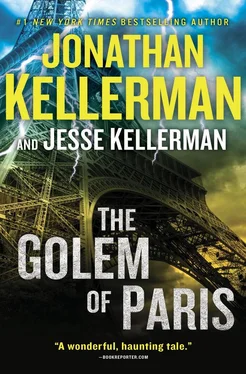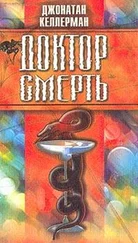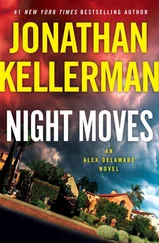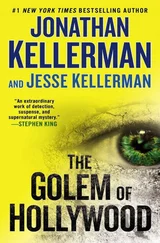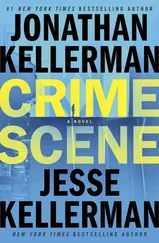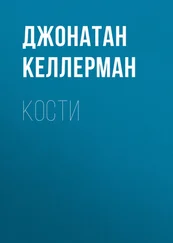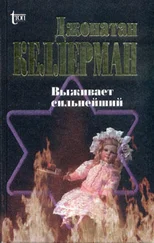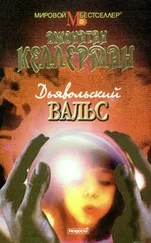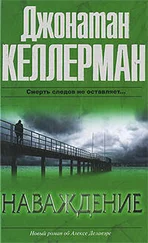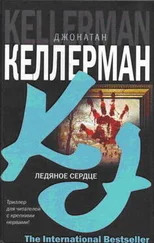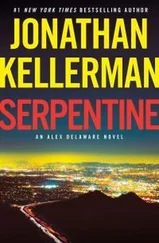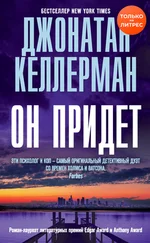She asked for you.
Another lie. More than two years, and his mother hadn’t uttered a word.
“Who... wants... meatloaf? ”
Her name was Rosario, and she was Jacob’s favorite nurse.
“Looks good,” he said.
Rosario, tying on Bina’s bib, raised a penciled eyebrow. “I can get you some.”
“I’m okay, thanks.”
She peeled back the foil on a container of apple juice. “You’re always saying how good it looks. I notice you don’t eat it, though. You know what I think? I think you’re a big talker... Am I right, honey?”
Bina pursed her lips.
“Yeah, exactly.” To Jacob: “Need anything, I’m inside.”
Alone again with his mother, he took a pair of challah rolls from his backpack and swaddled them in a paper napkin. He uncapped a mini-bottle of grape juice and filled the extra Dixie cup Rosario had supplied.
He cranked up a smile. “Ready, Ima?”
He began to sing Shalom Aleichem , the tune that welcomed in the Sabbath.
Peace unto you, ministering angels, angels of the Most High.
Peering through the knotty canopy of the fig tree, he pictured a pair of ethereal winged creatures crashing to earth, wondering what wrong turn they had taken to wind up on the rear patio of Pacific Continuing Care, a division of Graffin Health Services Inc.
Come in peace, angels of peace, angels of the Most High.
It was precisely because he didn’t observe the Sabbath that he’d chosen Friday afternoon for his weekly visit. His father was observant, which meant Jacob could come by the facility without any chance of running into him.
While he was here, though, why not? Maybe the ceremony would touch some dormant spot in Bina’s memory. Even if he felt foolish, mumbling the kiddush prayer, answering amen on her behalf, curling her fingers around the cup.
He watched his mother sip juice. Guided her tremulous hands to the rolls and made the blessing on bread and handed her a fork.
“You want seconds, speak up,” he said, hating the rancor in his tone.
For a few minutes, Jacob watched her eat — robotic, each item delivered in methodical forkfuls. As always, he quickly grew bored. As always, he felt guilty for feeling bored. To occupy himself, he reached into his backpack for the files.
“Okay, let’s see what we’ve got.”
Hipolito Zamora, thirty-one, Westlake, stabbed to death outside a nightclub. No witnesses; no suspects.
“Outside a nightclub and no one sees. Gimme a break.”
Bina finished one roll.
Roderick Young Jr., twenty-six, beaten to death in a schoolyard. Three men in dark jackets spotted fleeing the scene.
“That narrows it down. More juice, Ima?”
Bina finished her meatloaf.
Antonio East, twenty, and Jarome Jaramillo, twenty-nine, shot to death during a liquor store robbery. No suspects.
“Security footage?” Jacob said, paging to the end. “Height? Build? Clothing? Getaway car? Anything? Why should life be easy?”
Bina started in on her string beans.
“Okay,” he said, stuffing the East/Jaramillo file in his bag. “Next.”
Right away he spotted a problem with the fourth folder: it was the wrong color, the date scribbled on the cover off by nine years, 2004 instead of 1995. Hollywood division in a stack of Ramparts files.
Not the first example of clerical sloppiness he’d unearthed at the August M. Vollmer archive. But no less annoying. He’d be hunting for the correct box for days.
“Wonderful,” he muttered, opening the folder. “Okay. So. Twenty-three-year-old black female, Marquessa Duvall; her son, five—”
The air went out of him.
Five-year-old black male, Thomas White Jr.
Bina had finished her beans. The fork rested in her hand.
She was looking at him.
He shut the file. “Eat your potatoes. I’ll see if I can scare you up some dessert.”
He found Rosario at the front desk, doing paperwork.
“Any chance you have a cookie back there somewhere?”
“Depends,” she said. “Who’s it for?”
“My mom.”
“In that case, maybe,” she said. “Cause you know you don’t deserve a cookie.”
“That’s for damn sure.”
She returned from the kitchen with a torn pack of Nutter Butters, two remaining.
“Seriously?”
She reached to take them back.
“Fine, fine, fine.”
“You’re welcome,” she said.
In the dayroom, a handful of residents sat in chairs and wheelchairs oriented toward the television. Jeopardy! was on.
“Luckily for us, Max Brod disregarded this man’s instructions to burn his writings after his death.”
Jacob said, “Who is Franz Kafka?”
“Who is Kafka?” a contestant echoed.
“Shaddap,” an old man said to Jacob.
“Literary Ks for six, Alex.”
Jacob stepped out onto the patio and said, “Oh, no.”
Pages were strewn far and wide across the concrete, in the bushes, in the dirt.
His mother had a folder open on her lap.
“For God’s sake, Ima.”
He crawled around, corralling the sheets before they could blow away. Big file, three hundred pages or more, now completely out of order.
He got up, brandishing the papers in one hand and cookies in the other, and came forward to retrieve the folder from his mother. Stopping short as he saw what she had in her lap: a gruesome crime-scene photo of a woman and a young boy.
Twenty-three-year-old Marquessa Duvall; her son, five-year-old Thomas White Jr.
Bina was staring intensely at the photo. The focus struck Jacob so sharply that he paused, fascinated by the new acuity. Then he came to his senses.
Gently, he said, “That’s not for you, Ima.”
He extracted the photo from her grasp, surprised when she did not resist.
“I’m sorry if that upset you.” He put the file in his backpack, tugged the zipper shut. “I hope you’re okay with these cookies — oh come on. ”
Bina had jammed her fingers into her mashed potatoes.
“Ima. You’re gonna make a — Ima. Give it here.”
But she wrested the tray from him and resumed working the gluey mass, rounding it into a bell; raising, pressing, plucking, roughing out, her fingers flying, a vein in the center of her forehead throbbing manically.
Dumbstruck, Jacob watched the developing form. It seemed outrageous that it hadn’t collapsed under its own weight.
Bina snatched up her fork and began carving out fine detail.
Then, all at once, she stopped. She lifted her hands and, sure enough, the shape imploded.
But the brief moment before it did was enough to demonstrate her gift. Enough to break Jacob’s heart; enough for him to recognize the reedlike legs, the splayed toes.
The downy upraised throat of a little bird.
BROOKLYN, NEW YORK
AUGUST 21, 1968
Barbara Reich says, “I’m going out.”
Her mother frowns, dragging a wooden spoon through the simmering pot of hovězí guláš . The stew breathes savory and sour, oily and oppressive, turning the cramped kitchen to a swamp. “Where?”
“I’m studying with Cindy. We have a test.”
“You must eat.”
“I’ll grab something at her place.”
If Věra’s frown deepens, it’s to hide her approval. Barbara has left her knapsack carelessly undone, textbooks poking out — doorstops with titles like Practical Biology: A Cellular Approach and Fundamental Principles of Organic Chemistry.
“Budes okradená,” Věra says, closing the flap and buckling it. You’ll get mugged.
“Anyone who wants to steal these deserves what they get,” Barbara says.
Читать дальше
